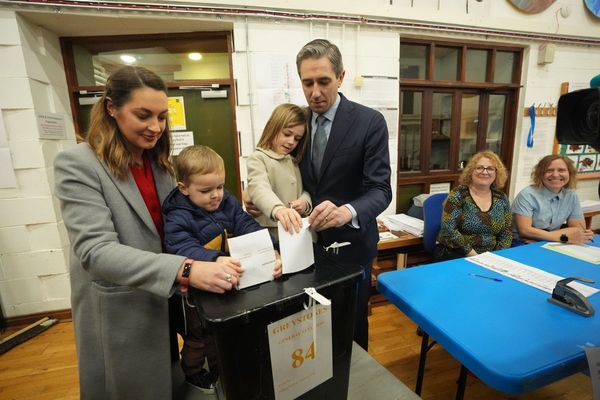
HONG KONG: China's debilitated domestic tourism industry could be further clobbered by weak consumption during the coming holiday as the masses refrain from travelling far and spending while record numbers of coronavirus cases continue to spur lockdowns across the country.
The three-day Ching Ming Festival, or tomb-sweeping festival, takes place from Sunday to Tuesday, and reports by tourism agencies point to a continued preference for short-distance trips - a trend that has gathered steam as people avoid long-haul trips due to volatile travel restrictions and quarantine mandates.
But tourism consumption can hardly be boosted by day trips, according to Zhou Mingqi, founder of tourism consultancy Jingjian Consulting.
Whereas long-distance trips generally involve money being spent on transport, hotels, meals and souvenirs, short excursions may simply involve buying a ticket to an attraction. Thus, the trend decimates travel spending.
"Tourism is an industry supported by cross-regional movement and spending, and if there is no movement from province to province, from city to city, there is no market," said Chen Xianghong, president of Wuzhen Tourism in Zhejiang province and of Gubei Water Town in Beijing.
Flight prices are also cratering. The costs of travelling to and from popular destinations such as Beijing and Guangzhou have been slashed through April, reflecting a sharp drop in bookings and signalling bleak prospects for airlines.
Viewed as the sector most susceptible to coronavirus disruptions, tourism - and the industries closely linked to it - has already been buffeted as China sticks to its zero-Covid strategy that has resulted in strict travel restrictions and mass lockdowns.
Air China, China Eastern Airlines and China Southern Airlines, the biggest airline companies in the country, all reported losses of more than 10 billion yuan (US$1.57 billion), as well as bigger losses in 2021 than the year before, according to their respective annual reports released earlier this week.
As of January, about 11,000 travel agencies had closed since 2020, said Wang Yu, vice-president of the Spring Travel agency.
Shanghai, China's most affluent city and normally a major travel destination, was caught off guard ahead of its worst outbreak of Covid-19, and authorities implemented a snap two-stage lockdown on Monday, confining residents to their neighbourhoods and suspending all public transport.
The highly transmissible Omicron variant has been spreading like wildfire across most Chinese provinces, with the country reporting 8,454 new cases on Wednesday.
As Shanghai and other cities under lockdown have closed their doors to travellers and dashed the hopes of residents planning to get away, central and local authorities are also advising people against travelling to risky areas.
There are more incidental ramifications from the outbreaks than just travel bans, Zhou warned.
"The blow to the economy equals a blow to consumption, and the desire to spend," he said.
Total tourism spending rose 31% last year from the 2020 level, to 2.92 trillion yuan (US$460 billion), but this was only half of the level of expenditure seen in 2019, the government data showed.
In 2019, tourism and related industries accounted for 11.05% of China's gross domestic product, as major players in the service sector, and they contributed to 79.87 million direct and indirect jobs - equivalent to 10.31% of all employment.







